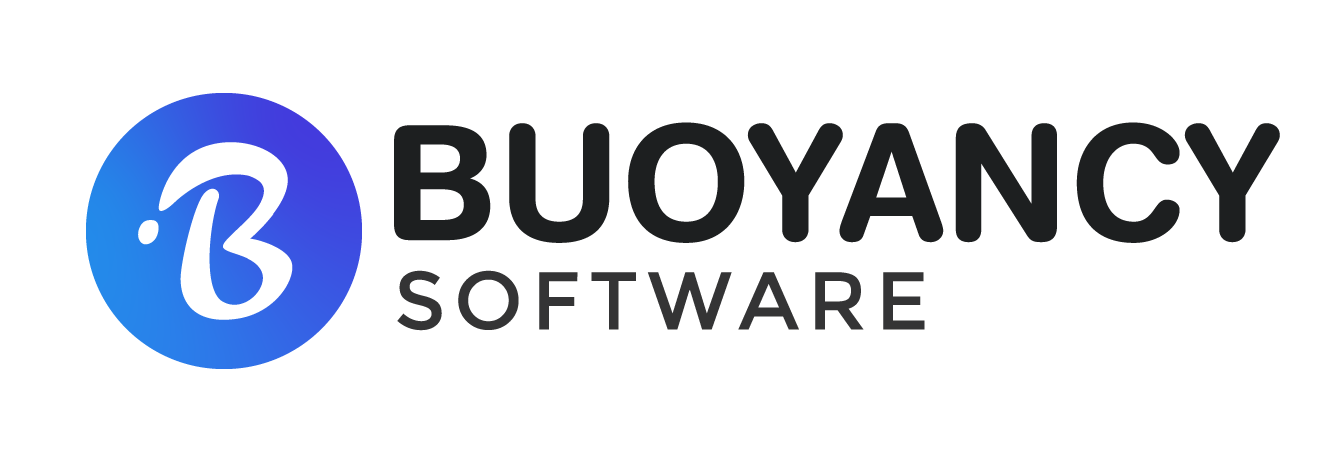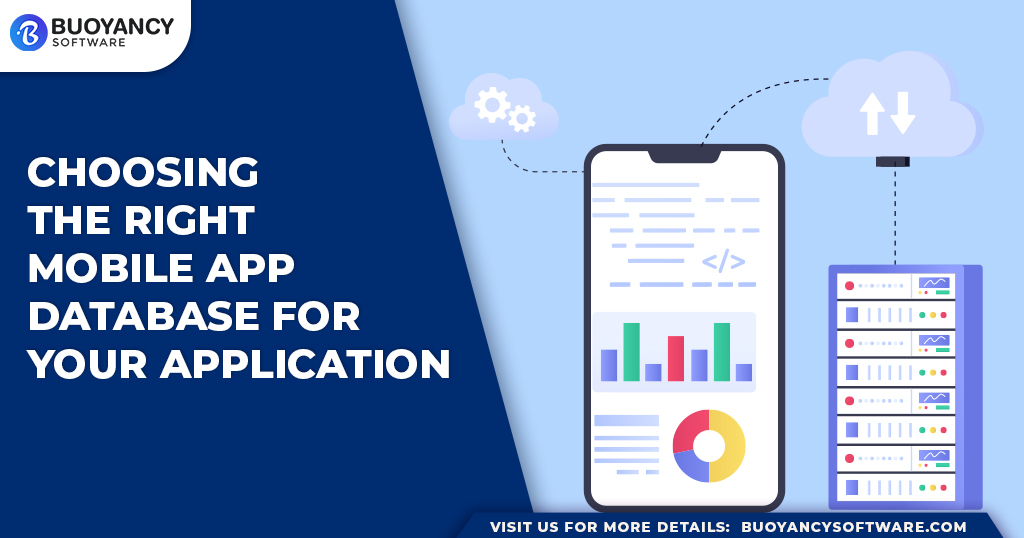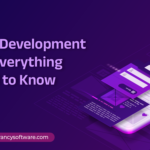Mobile app developers, whether it’s Android or iOS, have a lot of options when it comes to databases. But how do they know which one is best for their app? The database you choose can affect how your app works and how your users feel.
In this blog, you will learn about some important factors and examples that can guide you to pick the right database for your mobile app needs. You will also discover how to create mobile apps that are fast and scalable with the right database.
Before we explore how to choose the right database, let’s understand why databases are important for mobile apps. A mobile app database is the storage system that holds and arranges data, such as user details and app content. It affects how well your app can access, save, and change data—improving performance, scalability, and user satisfaction.
Popular Mobile App Databases
If you want to build a great mobile app for Android or iOS, you need to choose a suitable database. There are many databases available, each with its own strengths and weaknesses. You will see a list of some popular databases and their features. You can compare them and decide which one is the best for your mobile app requirements.
SQLite: SQLite is a lightweight, server-less, and self-contained database engine, perfect for embedded systems and mobile applications.
MySQL: A widely used SQL database that is open-source, multi-threaded, and easy to use.
PostgreSQL: Open-source, object-powered SQL titan, taming complex data with power and flexibility.
Firebase Realtime Database: It is a NoSQL cloud-based solution by Google, offering real-time synchronization and offline support for mobile and web applications.
AWS Mobile Hub: Amazon’s all-in-one solution for mobile app development, including a managed database option (DynamoDB).
MongoDB Realm: A fully managed backend service that syncs data between the cloud and the Realm mobile database. It supports offline-first apps and easy deployment and scaling.
Couchbase Lite: Syncs seamlessly with Couchbase Server, ideal for offline-first applications with high data availability needs.
Couch DB: A NoSQL database that uses JSON to store data and JavaScript as its main query language. It is document-oriented and syncs data across devices.
Pouch DB: It is an open-source JavaScript database that syncs data seamlessly between web and mobile applications, offering offline support.
Microsoft SQL Server Mobile: It is a relational database management system for mobile devices, providing secure data storage and synchronization.
Core Data: Core Data is Apple’s native object graph and persistence framework for iOS and macOS, providing a high-level interface for managing the model layer of applications.
Choosing the right database for your mobile app is not easy. You have to consider many factors, such as data structure, scalability, performance, and user experience. In this blog, you have seen some of the popular databases and their features. You can use this information to make an informed decision for your mobile app development.
Key Criteria to Choose the Right Mobile App Database
What Kind of Data Do You Have for your Mobile App?
Think about how your data is organized and what it looks like. If your data has a clear structure and a fixed set of rules, you might want to use a relational database. If your data is more flexible and changes over time, you might prefer a NoSQL database that can scale easily.
How Big Do You Want to Grow with your Mobile App?
Think about how your database can handle more data and more users. Can your database grow vertically (by adding more power to one server) or horizontally (by spreading data across many servers)? You need a database that can scale well as your app becomes more popular.
How Fast Do You Want to Go?
Think about how your database performs in terms of reading and writing data. You want a database that can deliver data quickly and smoothly to your users. A fast database means a happy user.
How Safe Do You Want to Be?
Think about how your database protects your data from hackers and breaches. You want a database that has strong encryption and security features. You need to keep your users’ data safe and secure to earn their trust.
How Compatible Do You Want to Be?
Think about how your database works with different mobile platforms. You want a database that can integrate well with both iOS and Android devices. A compatible database means a simpler development and maintenance process.
How Reliable Do You Want to Be?
Think about how your database works when there is no internet connection. You want a database that can sync and cache data effectively, so your users can access your app offline. A reliable database means a seamless user experience no matter what.
How Easy Do You Want to Be?
Think about how your database interacts with your app. You want a database that supports Object-Relational Mapping (ORM) tools. ORM makes it easier to communicate between your app and your database, saving you time and effort.
How Affordable Do You Want to Be?
Think about how much your database costs to use and maintain. You want a database that has a clear and reasonable pricing model. You need to consider your budget and long-term expenses.
How Supported Do You Want to Be?
Think about how much help you can get from your database provider and community. You want a database that has active and helpful forums and documentation. A supported database means a quick and easy solution to any problem.
Conclusion
Wrapping Up Mobile apps are always evolving and adding new features, which means the database needs to adapt too. These criteria will guide you to pick the best databases for your mobile app. The key is to look for a database that can change and grow with your app.
We have developed many enterprise mobile apps for our clients, and we always think about the future needs and scalability of the database. If you need help with scaling your app or creating data-intensive apps from scratch, we are here for you.



